View all filters
Clear
Toți pe lume frați noi suntem
Translated from
Dutch
to
Romanian
by Irina Kappelhof Costea
Written in Dutch by Yelena Schmitz
8 minutes read
Jutro
Translated from
Portugese
to
Polish
by Gabriel Borowski
Written in Portugese by Patrícia Patriarca
7 minutes read
Residence
Translated from
Italian
to
Romanian
by Nicoleta Iolanda Rus
Written in Italian by Maurizio Amendola
10 minutes read
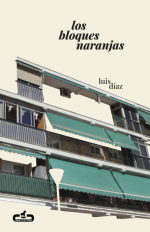
Blocurile portocalii
Translated from
Spanish
to
Romanian
by Ilinca Gângă
Written in Spanish by Luis Díaz
8 minutes read
Vězňův slovník
Translated from
Italian
to
Czech
by Monika Štefková
Written in Italian by Sara Micello
6 minutes read
Poznámky k životu Frances Donnellové
Translated from
Spanish
to
Czech
by Martina Kutková
Written in Spanish by Adriana Murad Konings
4 minutes read
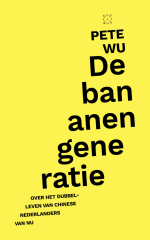
Бананове покоління
Translated from
Dutch
to
Ukranian
by Larysa Dobra
Written in Dutch by Pete Wu
8 minutes read
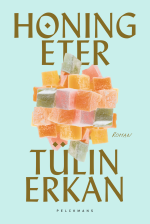
ПРИСТИГАЩИ / GELIȘ (Медояди)
Translated from
Dutch
to
Bulgarian
by Elissaveta Manolova Maciel
Written in Dutch by Tülin Erkan
7 minutes read
Usazenina
Translated from
Dutch
to
Czech
by Blanka Konečná
Written in Dutch by Lisa Weeda
7 minutes read
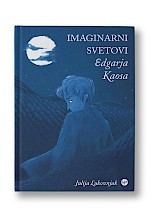
De denkbeeldige werelden van Edgar Kaos
Translated from
Slovenian
to
Dutch
by Marieke Haenebalcke
Written in Slovenian by Julija Lukovnjak
12 minutes read
Note sulla vita di Frances Donnell
Translated from
Spanish
to
Italian
by Ilaria Garelli
Written in Spanish by Adriana Murad Konings
6 minutes read
Empalhar um corpo
Translated from
Dutch
to
Portugese
by Lut Caenen
Written in Dutch by Nikki Dekker
9 minutes read
Nunca lo estuve, pero ahora estoy. Susceptible a cualquier cambio del tiempo.
Translated from
Serbian
to
Spanish
by Ivana Palibrk
Written in Serbian by Marija Pavlović
10 minutes read
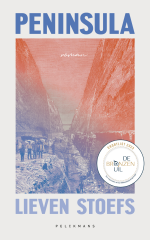
Koridor (Peninsula)
Translated from
Dutch
to
Slovenian
by Lucija Janc Novak
Written in Dutch by Lieven Stoefs
7 minutes read
Notas sobre a vida de Frances Donnel
Translated from
Spanish
to
Portugese
by Miguel Martins
Written in Spanish by Adriana Murad Konings
6 minutes read
Nici
Translated from
Dutch
to
Polish
by Ewa Dynarowicz
Written in Dutch by Hannah Roels
6 minutes read

ARRIVALS / GELIȘ (Mielero)
Translated from
Dutch
to
Spanish
by Pablo Martín Sánchez
Written in Dutch by Tülin Erkan
7 minutes read
Provázky
Translated from
Dutch
to
Czech
by Veronika Horáčková
Written in Dutch by Hannah Roels
7 minutes read

ARRIVALS / GELIȘ (Mangiamiele)
Translated from
Dutch
to
Italian
by Matilde Soliani
Written in Dutch by Tülin Erkan
7 minutes read
Synopse
Translated from
Italian
to
Czech
by Monika Štefková
Written in Italian by Arianna Giorgia Bonazzi
4 minutes read